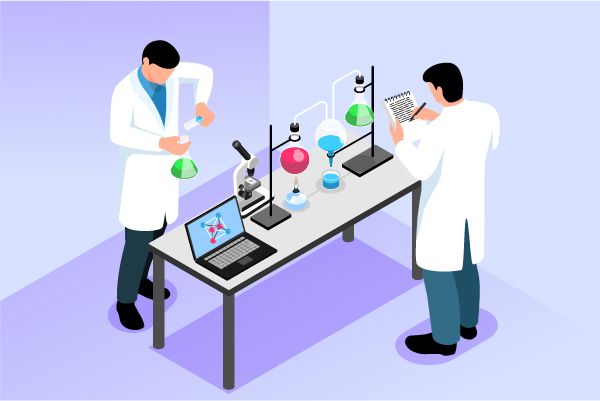Request Demo
Recent blog posts
Valuable Targets
5 min read
What are DHODH inhibitors and how do you quickly get the latest development progress?
23 November 2023
DHODH inhibitors are drugs inhibiting the enzyme DHODH crucial in DNA and RNA production, disrupting cell growth.
Valuable Targets
4 min read
What are EZH2 inhibitors and how do you quickly get the latest development progress?
23 November 2023
EZH2 inhibition impacts both tumor cells and TME Gaining a deeper understanding of the multiple effects of EZH2i in these patients could potentially aid in predicting clinical responses.
Valuable Targets
4 min read
What are CTLA4 inhibitors and how do you quickly get the latest development progress?
23 November 2023
The first immune checkpoint inhibitor for clinical use: CTLA-4 inhibitor. However, it enhances immune function, specifically by boosting the cytotoxicity of immune cells, which often results in more adverse effects.
Valuable Targets
4 min read
What are COX-2 inhibitors and how do you quickly get the latest development progress?
23 November 2023
COX-2 inhibitors aid in the release of prostaglandins, which are synthesized from arachidonic acid. Prostaglandins play a key role in inflammatory responses.
Valuable Targets
4 min read
What are Chk1 inhibitors and how do you quickly get the latest development progress?
22 November 2023
Chk inhibitors can hinder the self-repair of tumor cells, thereby achieving the goal of enhancing the killing of tumor cells.
Valuable Targets
3 min read
What are CDK7 inhibitors and how do you quickly get the latest development progress?
17 November 2023
Several selective CDK7 inhibitors, which have entered clinical trials, have demonstrated effective anti-cancer results in numerous pre-clinical models.
Valuable Targets
4 min read
What are CETP inhibitors and how do you quickly get the latest development progress?
17 November 2023
CETP inhibitors are drugs designed to increase HDL-C levels which can improve cardiovascular health.
Valuable Targets
4 min read
What are CDK4 inhibitors and how do you quickly get the latest development progress?
17 November 2023
CDK4 inhibitors can inhibit the formation of complexes between CDK4 and cyclin D, block ATP binding, thereby severing upstream growth signals, and prevent the transition from G1 to S phase.
Valuable Targets
4 min read
What are CDK9 inhibitors and how do you quickly get the latest development progress?
16 November 2023
The overexpression of the anti-apoptotic factor Myeloid Cell Leukemia 1 (MCL-1), caused by the activation of CDK9, will lead to the transformation of malignant tumor cells. Therefore, inhibiting CDK9 will downregulate MCL-1, thereby suppressing tumor growth.
Valuable Targets
4 min read
What are CDK2 inhibitors and how do you quickly get the latest development progress?
16 November 2023
Small-molecule CDK2 selective inhibitors would be significant chemical probes for dissecting cellular processes or understanding the basics of diseases.
Valuable Targets
3 min read
What are CD38 inhibitors and how do you quickly get the latest development progress?
16 November 2023
Inhibitors of CD38 are a kind of treatment aimed at the white blood cells within bone marrow, which are responsible for inducing multiple myeloma.
Valuable Targets
4 min read
What are calcineurin inhibitors and how do you quickly get the latest development progress?
16 November 2023
Calcineurin inhibitors, acting as immunosuppressive agents, are employed in the treatment of autoimmune disorders like lupus nephritis, atopic dermatitis, interstitial lung disease, and idiopathic inflammatory myositis, among others.











